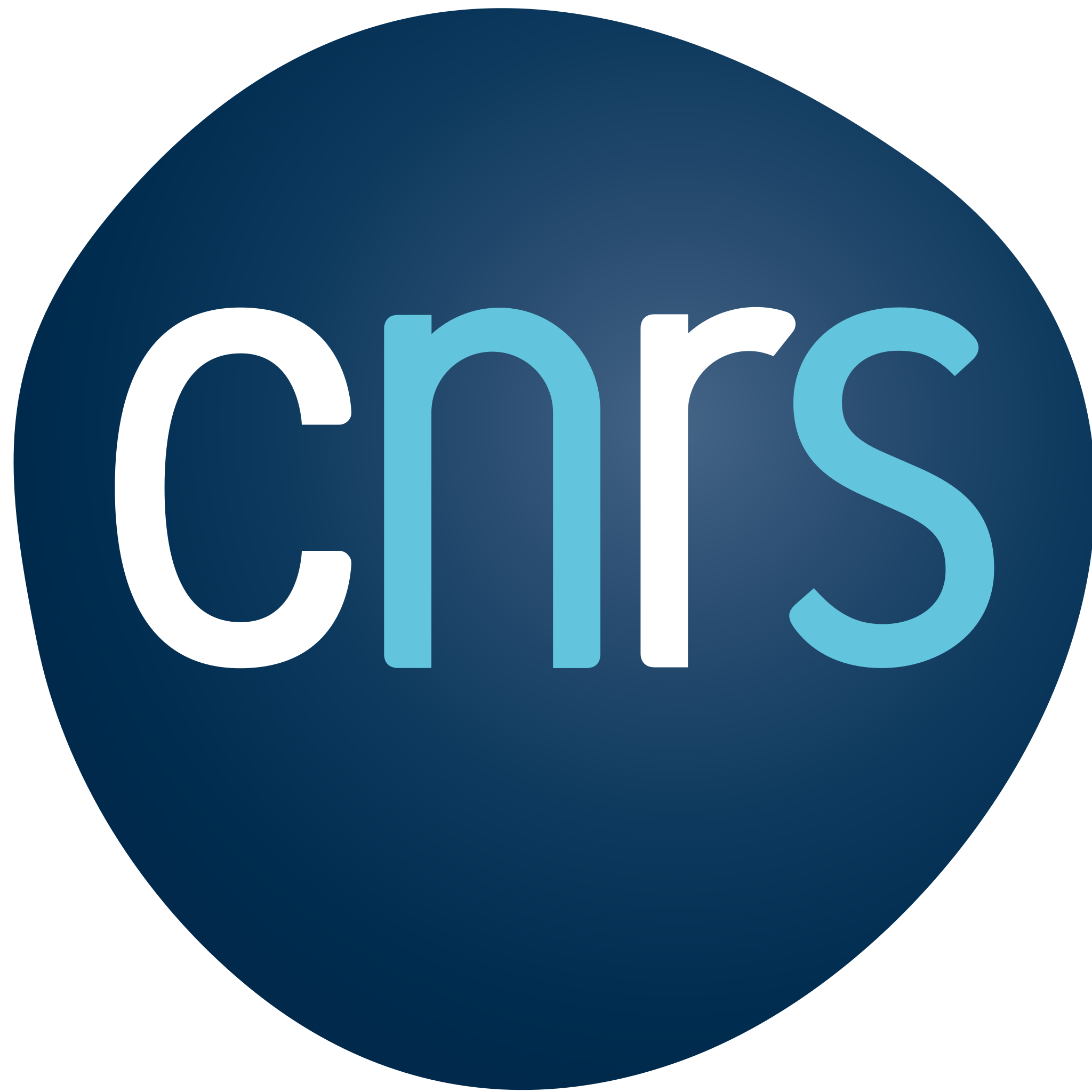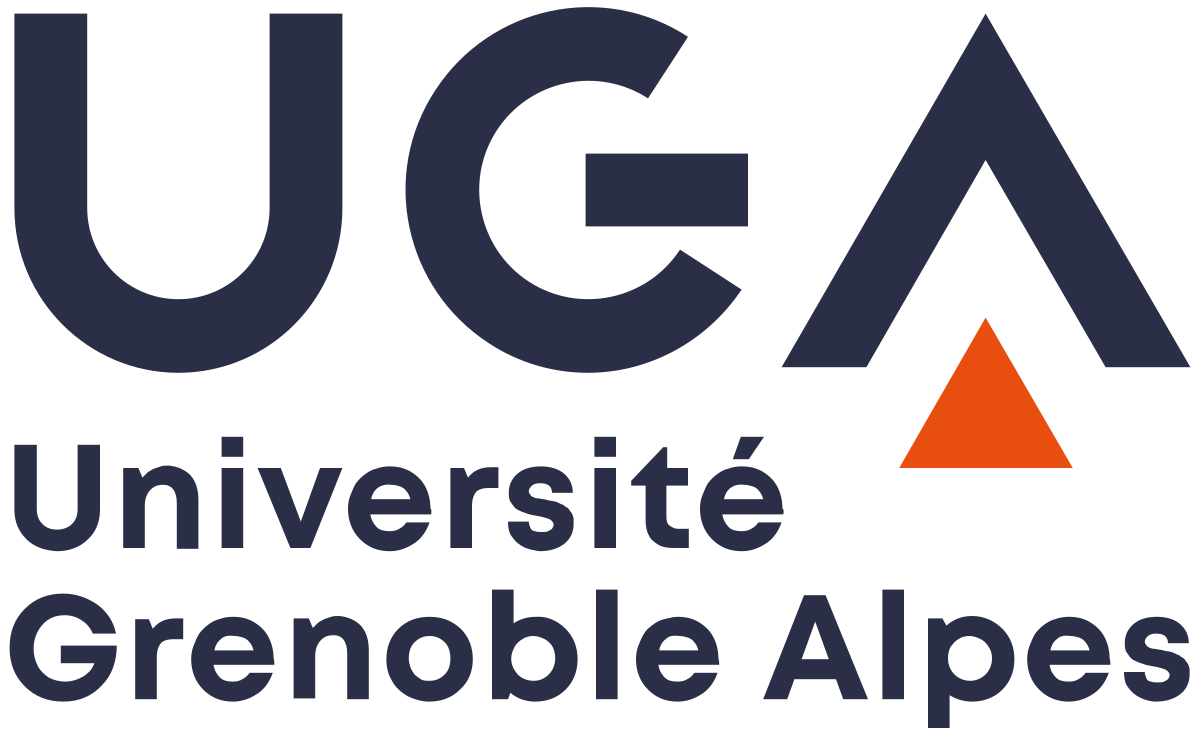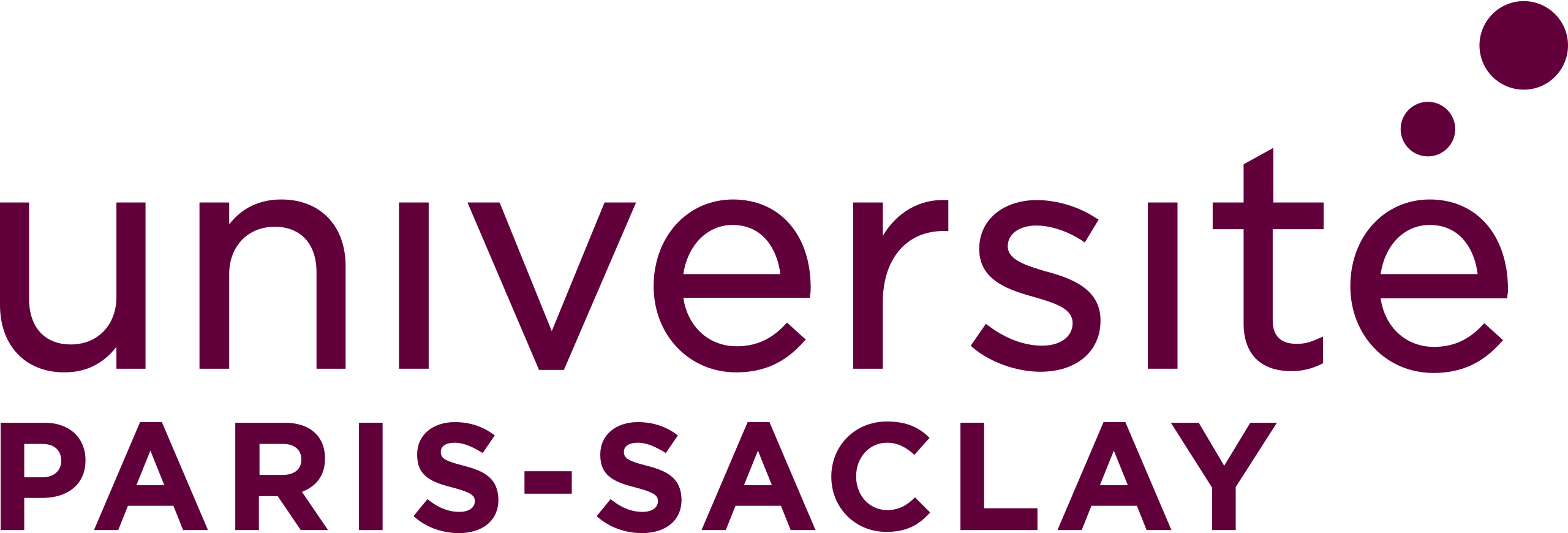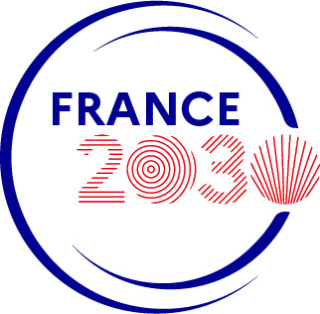Partner institutions: CNRS, Inria, Université Grenoble Alpes, Université Paris-Saclay,
IMT (Institut Mines-Télécom), Sorbonne Université, Université Claude Bernard Lyon 1, Université de Lille, Université Toulouse III,
ENSAM, INSA Lyon, Nantes Université, Université de Lorraine, Université de Technologie de Troyes.
Contact: pc2 [at] pepr-ensemble.fr
3 priority themes:
-
Emerging and future forms of long-term collaborative practices
-
Distributed and secure infrastructure for long-term collaboration
-
Interoperability for long-term collaboration
Goal: funding of 3-5 Ph.D. theses
Theme 1: Emerging and future forms of long-term collaborative practices
Emerging and future forms of long-term collaborative practices Description: Crises happen, the market and the society change, so as the national or EU legal and regulatory landscape. These evolutions trigger new practices in the most important domains of our society, namely: healthcare, hybrid and distance learning, industry, software engineering, and crisis management. These emerging and future forms of long-term collaboration need to be investigated to highlight the forms of collaboration they mobilize, the artifacts they use, their stakes, and their limits. We launch a call for PhD proposals that adopt a socio-technical perspective to discover, describe, analyze, and digitally support emerging and future forms of long-term collaborative practices.
Keywords: practice-centered computing, healthcare, crisis management, industry, software engineering
Theme 2: Distributed and secure infrastructure for long-term collaboration
To handle long-term collaborative practices, new algorithms and infrastructure are needed to manage shared and replicated data. Indeed, several modes of collaboration have to be supported: connected (user modifications are immediately shared and visible to the other users), disconnected (users are not connected to the network; their modifications will be transmitted to the other users at the reconnection), ad-hoc (subgroups of users can work together and synchronize at a later time with other members of the group) and inter-organisational (groups of users from different organizations work and share data during a collaborative activity).
A challenging issue is how to balance collaboration with security of shared objects. Interaction is aimed at making shared objects available to all who need them, whereas security seeks to ensure this availability only to users with proper authorisation. We need also to ensure that the infrastructure that supports data sharing and collaboration is resilient and trustworthy. We need an easy to use security mechanism adapted for distributed collaborative systems.
Keywords: distributed infrastructure, distributed algorithms, replication, collaboration modes, synchronous collaboration, asynchronous collaboration, inter-organisational collaboration
Theme 3: Interoperability for long-term collaboration
The current approach to digital services, based on information silos and walled gardens, creates unneeded barriers to fluid forms of collaboration. Users need to be able to create their own collaborative environment. They need also to be able to change these environments to adapt them to new requirements, partners, or tools. This requires embracing interoperability at every level of the socio-technical stack. It is also key to enabling accessibility by diverse collectives of users. We launch a call for PhD proposals that aim to develop an interoperability framework that can be used as the basis for collaborative services integration. This includes open and extensible formats and ontological approaches such that different applications could function on the same shared objects as well as software models and infrastructures capable of fostering collaboration among heterogeneous actors and artifacts.
Keywords: interoperability, heterogeneous collaboration, collaborative service integration, ontologies






